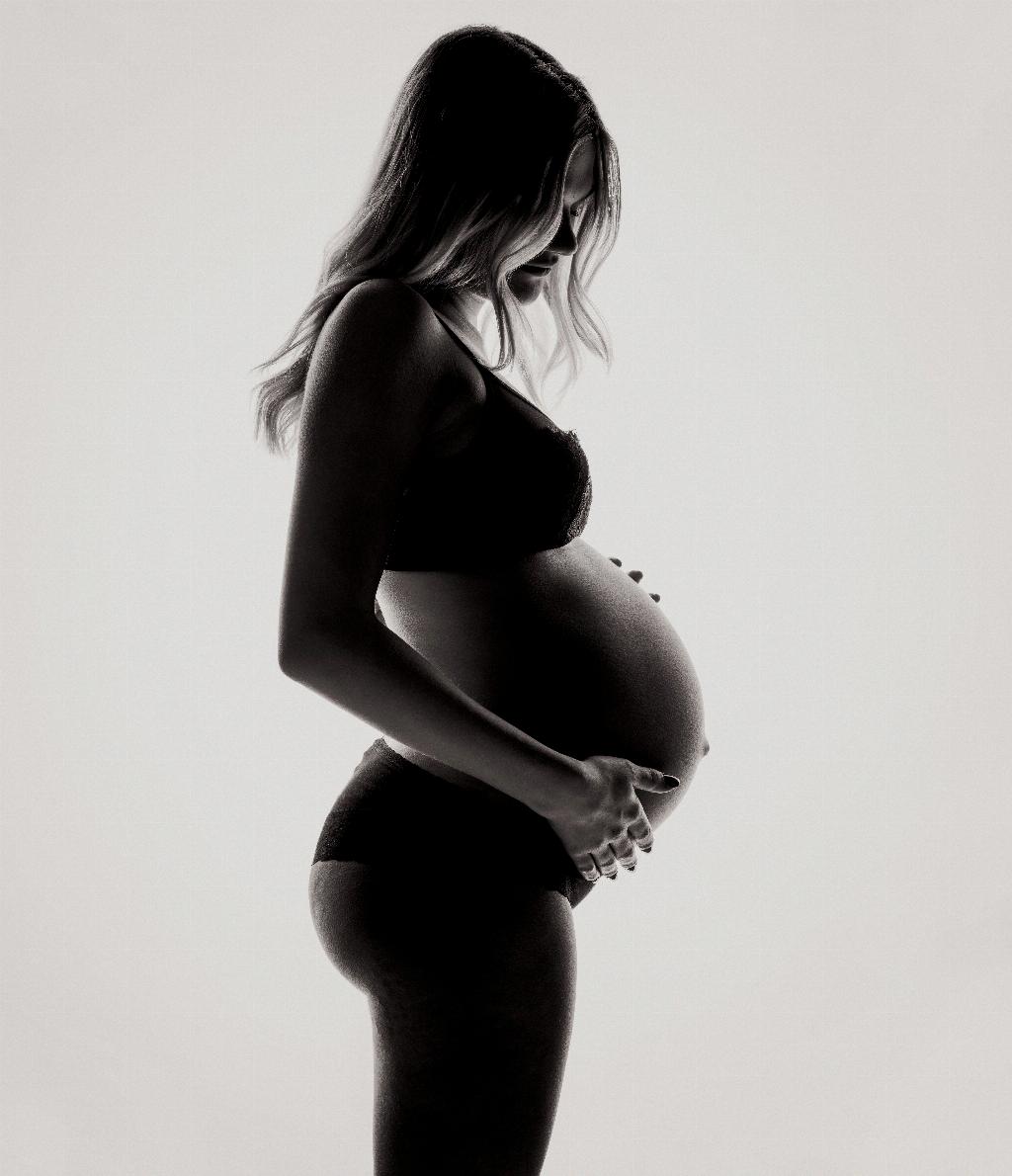Being 25 weeks pregnant is an exciting time, as you’re well into your second trimester and nearing the final stretch before meeting your precious little one. During this crucial period, it’s essential to take extra care of your health and well-being. To ensure a smooth and healthy pregnancy journey, there are certain things you should avoid at 25 weeks pregnant.
1. Mindful Eating Habits
Eating healthily is paramount during pregnancy, especially at 25 weeks when your baby is rapidly growing and developing. While it’s important to nourish your body and baby, it’s best to avoid rich, spicy, and fatty foods that may lead to indigestion or discomfort. Opt for nutrient-dense meals that provide you and your baby with essential vitamins and minerals.
2. Caffeine Intake
While a cup of coffee or tea may be part of your daily routine, it’s advisable to cut back on drinks containing caffeine at 25 weeks pregnant. Caffeine can cross the placenta and reach your baby, potentially affecting their heart rate and movements. Consider switching to decaffeinated options or herbal teas to reduce your intake.
3. Proper Posture
As your baby bump continues to grow, sitting up straight when you eat can help prevent indigestion and acid reflux. Maintaining good posture not only promotes better digestion but also reduces strain on your back and pelvis. Use a supportive chair and consider using a cushion for added comfort during meals.
4. Alcohol and Tobacco
It goes without saying that alcohol and cigarettes should be off-limits during pregnancy, including at 25 weeks. Both substances can have detrimental effects on your baby’s development and overall health. Stay away from alcohol completely, and if you smoke, seek support to quit for the well-being of you and your baby.
5. Environmental Hazards
Be cautious of potential environmental hazards that could harm your pregnancy at 25 weeks. Avoid exposure to toxins, chemicals, and fumes that may be present in certain cleaning products, paints, or pesticides. Opt for natural and eco-friendly alternatives to create a safe environment for you and your growing baby.
6. Stress and Exhaustion
While it’s natural to feel a bit overwhelmed at times during pregnancy, it’s crucial to manage stress and avoid exhaustion at 25 weeks. Seek support from your partner, family, or friends, and don’t hesitate to delegate tasks or ask for help when needed. Prioritize self-care activities that relax and rejuvenate you.
7. Monitoring Medication
If you’re taking any medication or supplements, consult your healthcare provider to ensure their safety during pregnancy. Certain medications may pose risks to your baby at 25 weeks, so it’s essential to review your options and make any necessary adjustments. Always follow your doctor’s recommendations for a healthy pregnancy.
8. Raw and Undercooked Foods
To minimize the risk of foodborne illnesses, avoid consuming raw or undercooked foods during pregnancy, including at 25 weeks. Opt for thoroughly cooked meats, poultry, seafood, and eggs to reduce the likelihood of exposure to harmful bacteria such as salmonella or listeria. Practice proper food handling and storage to maintain food safety.
9. Overexertion and High-Impact Activities
While staying active is beneficial for your overall health, it’s important to avoid overexertion and high-impact activities that could strain your body at 25 weeks pregnant. Consider low-impact exercises such as prenatal yoga, swimming, or walking to stay fit and flexible without putting undue stress on your joints and ligaments.
10. Hot Tubs and Saunas
Although relaxing in a hot tub or sauna may sound appealing, it’s best to avoid prolonged exposure to high temperatures during pregnancy, including at 25 weeks. Heat can lead to overheating, dehydration, and potentially harm your baby’s development. Opt for lukewarm baths or showers for a soothing and safe alternative.
11. Unpasteurized Dairy Products
Unpasteurized dairy products, such as raw milk and certain cheeses, may contain harmful bacteria like listeria that can pose a risk to your pregnancy at 25 weeks. Choose pasteurized dairy options to reduce the likelihood of foodborne illnesses and ensure the safety of you and your baby. Read labels carefully when selecting dairy products.
12. Late-Night Snacking
While occasional late-night cravings are perfectly normal, try to avoid excessive late-night snacking at 25 weeks pregnant. Consuming large meals or snacks close to bedtime can contribute to indigestion, heartburn, and disrupted sleep. Opt for light and nutritious options if hunger strikes before bed to promote better rest and digestion.

